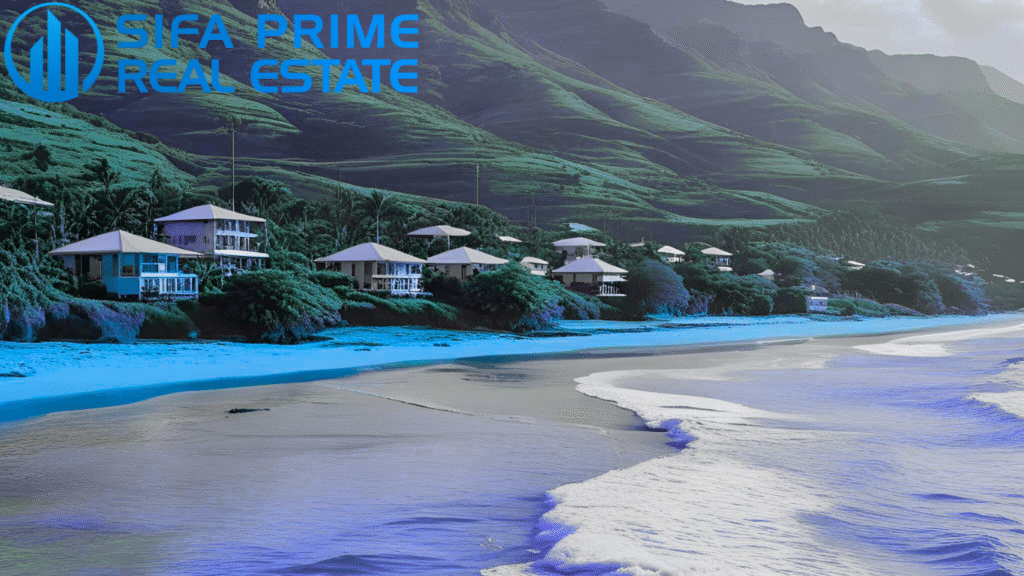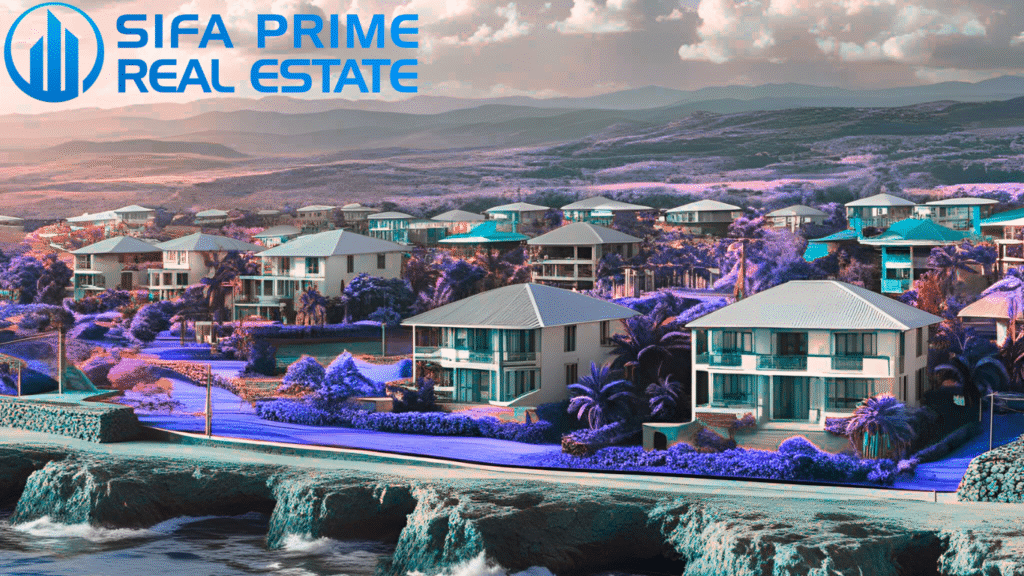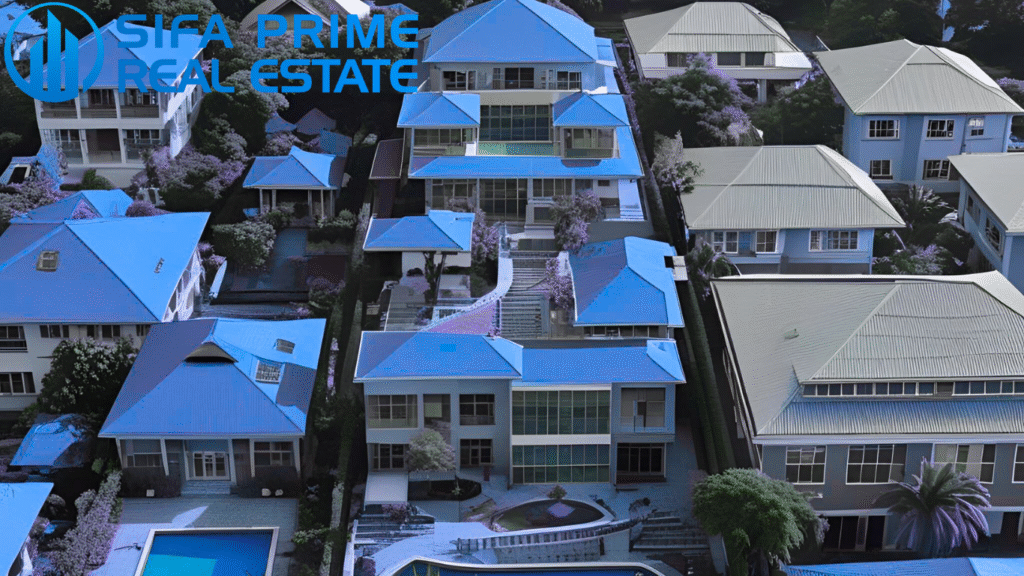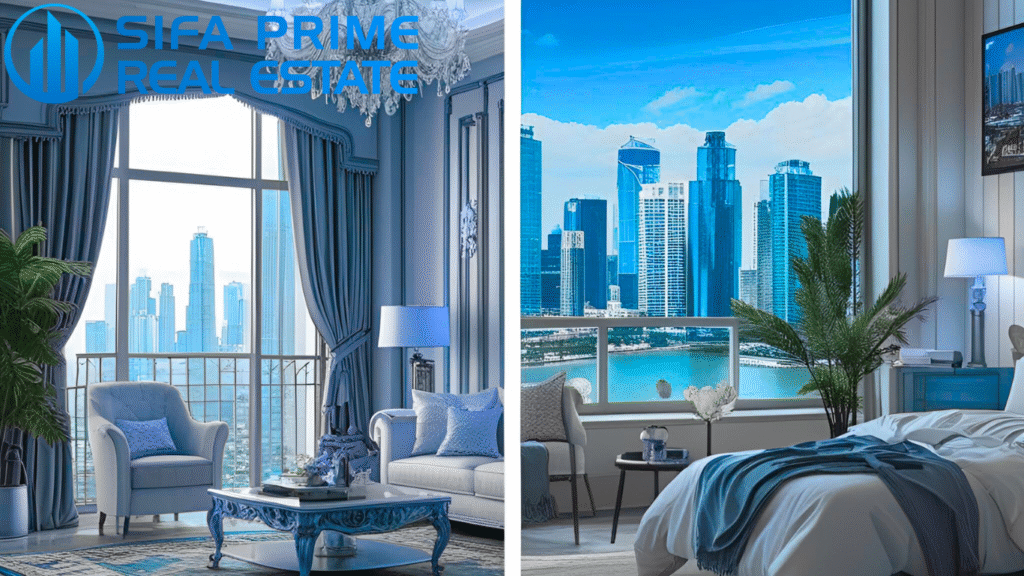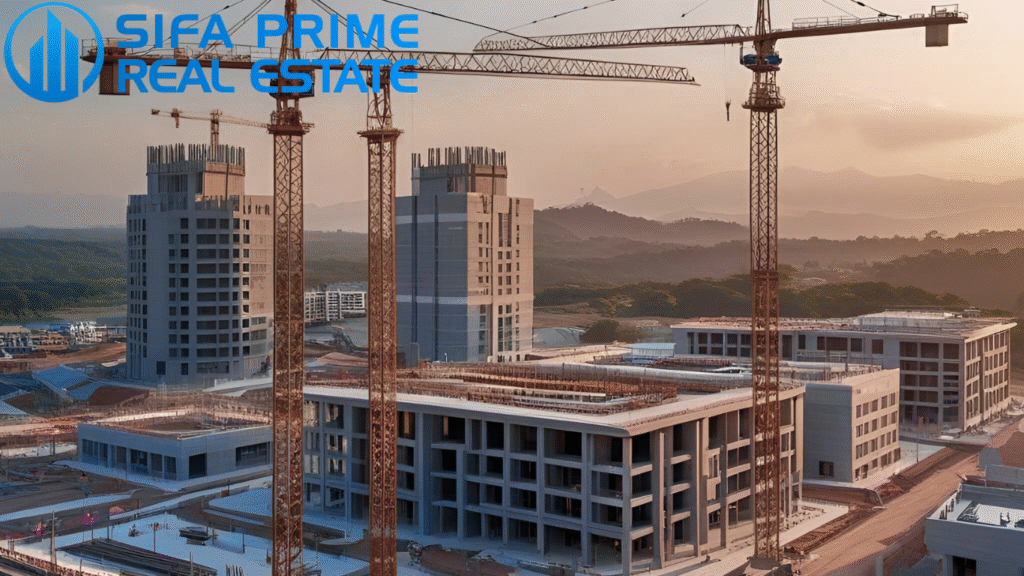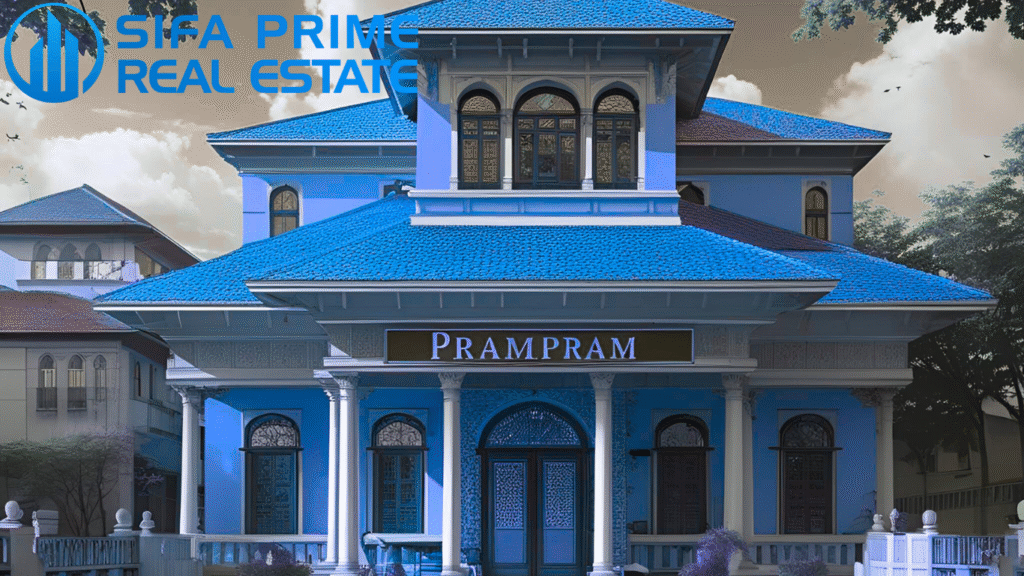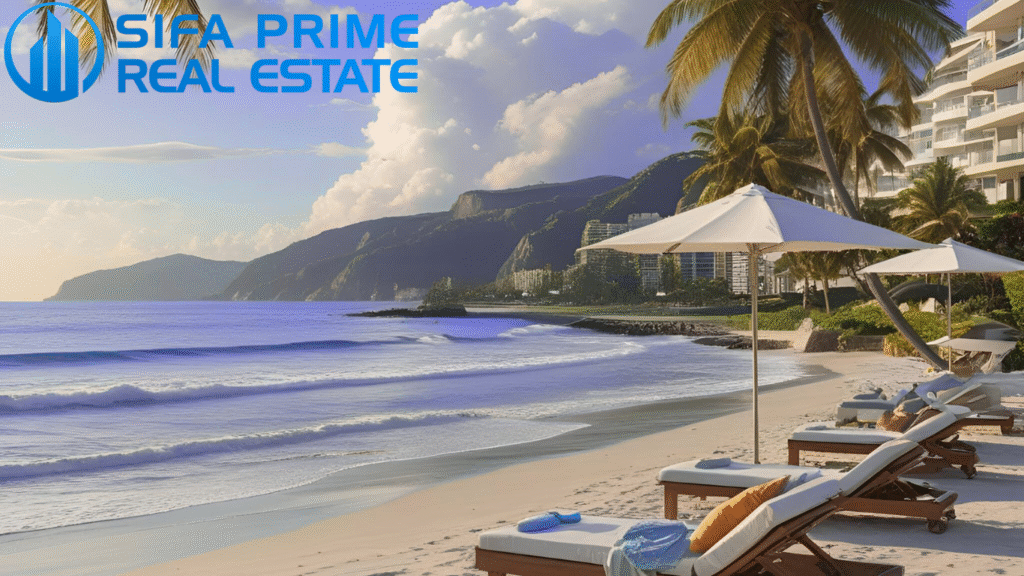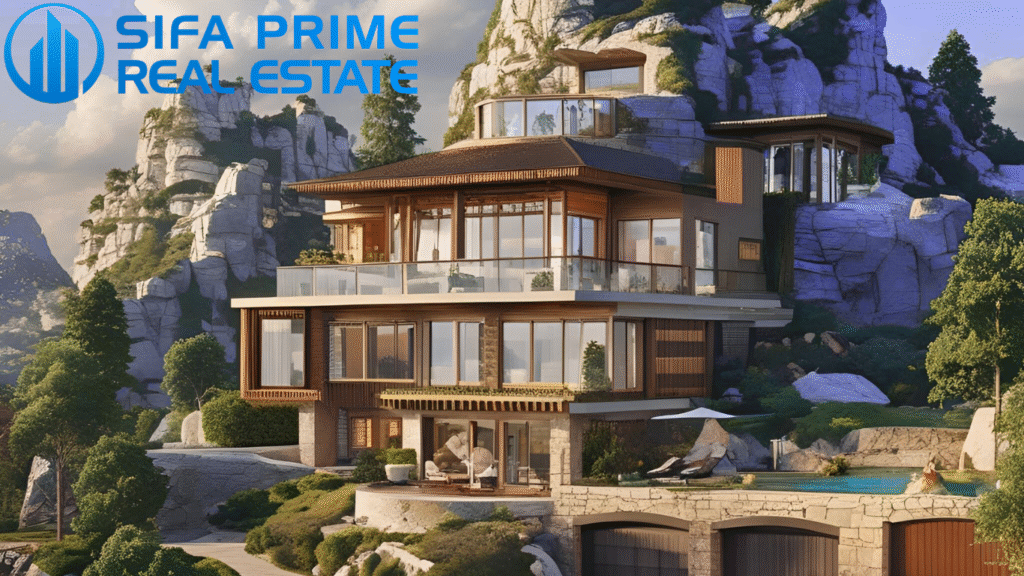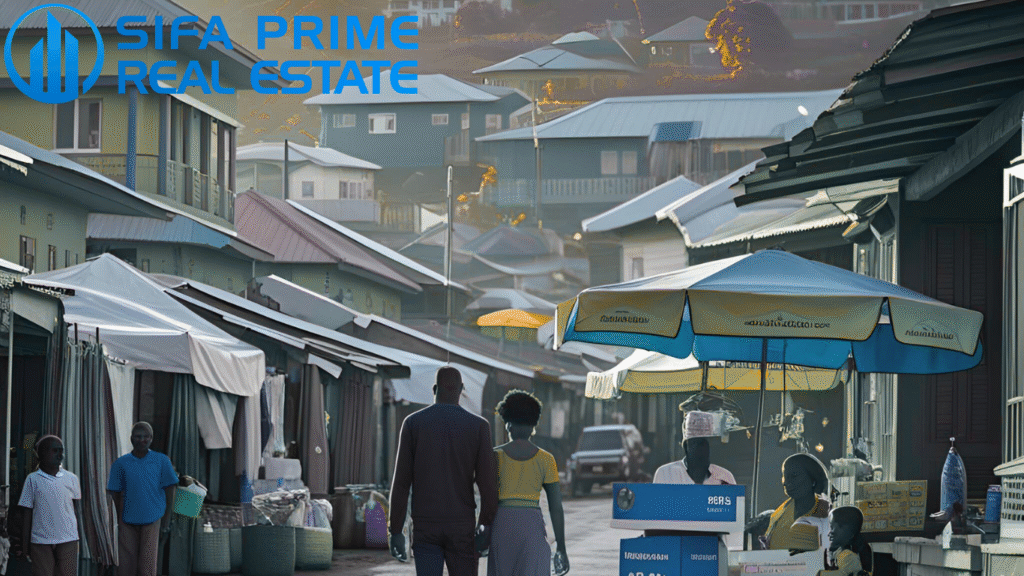Why Remote Workers Are Moving to Ghana’s Coastline
Ghana’s coastline has emerged as an attractive destination for remote workers and digital nomads seeking a balance between work and lifestyle. With its vibrant culture, warm climate, and growing infrastructure to support flexible working, the region offers an ideal setting for professionals looking to work remotely while enjoying coastal living. The appeal lies in the combination of affordable living costs, reliable internet access in key areas, and a welcoming environment that blends traditional hospitality with modern conveniences. For many remote workers, Ghana’s coastal towns provide the opportunity to experience a unique cultural landscape while staying productive in their careers. From serene beaches to dynamic urban centers like Accra, Ghana’s coastline is becoming a hub for global professionals who want to escape high-cost cities and embrace a more relaxed yet connected way of life. Global HR Trends and the Future of Remote Work in Ghana The global workplace is experiencing a major shift as remote work becomes an integral part of how businesses operate. Organizations are increasingly embracing flexible work arrangements to access a broader talent pool and improve employee satisfaction. This trend is not only redefining traditional office structures but also opening up opportunities for professionals to work from anywhere in the world. Ghana is emerging as a hotspot in this new era of work. Its coastal cities offer a unique blend of affordability, accessibility, and cultural richness, making them appealing to remote workers. With improvements in infrastructure and supportive government policies, Ghana is positioning itself as an attractive destination for global professionals seeking both productivity and a vibrant lifestyle. Advantages of Working Remotely from Ghana’s Coastline Working remotely from Ghana’s coastline offers a range of benefits for digital nomads and remote employees. One of the most significant advantages is the lower cost of living compared to many Western countries, allowing workers to enjoy a higher quality of life while managing expenses effectively. The coastal environment provides a calming backdrop for productivity, with access to beautiful beaches, diverse cultural experiences, and a growing community of like-minded professionals. Many remote workers also appreciate the strong sense of community in Ghana, where locals are known for their hospitality and openness to international visitors. These lifestyle perks, combined with reliable infrastructure in key areas, make Ghana’s coastlines an increasingly popular choice for those looking to combine work with exploration. Ghana’s Emerging Digital Ecosystem for Remote Workers Ghana’s digital ecosystem is evolving rapidly to support the needs of remote professionals. High-speed internet is now accessible in major urban and coastal areas, enabling seamless virtual communication and collaboration. The country is also witnessing the growth of coworking spaces and tech hubs, which serve as important centers for networking and innovation. Startups and technology-driven businesses are on the rise, creating an environment that encourages creativity and entrepreneurship. This growing infrastructure not only caters to the needs of local professionals but also attracts international remote workers who require dependable digital connectivity and access to professional communities. Hiring Remote Workers in Ghana for Global Businesses For international employers, hiring remote workers in Ghana requires a clear understanding of local labor laws and compliance practices. Businesses must navigate Ghana’s legal frameworks to ensure they engage talent lawfully while meeting the expectations of remote staff. Key considerations include drafting proper employment contracts, adhering to work-hour regulations, and understanding tax obligations. Establishing clear policies helps companies avoid disputes and build positive relationships with Ghana-based employees. Following best practices in hiring not only safeguards employers but also supports a seamless working experience for remote professionals. Employment Contracts for Remote Workers in Ghana Employment contracts are a critical component when hiring remote workers in Ghana. These agreements should include mandatory clauses such as job descriptions, compensation details, working hours, confidentiality terms, and dispute resolution mechanisms. It is essential to outline expectations for remote work arrangements, including communication protocols and performance metrics. Properly drafted contracts help protect both parties and ensure compliance with Ghanaian labor laws. Working Hours and Pay Standards for Remote Employees Ghanaian labor laws regulate standard working hours and pay structures, which employers must consider when hiring remote staff. Typically, full-time employees work a maximum of 40 hours per week, with provisions for overtime where applicable. Compensation must align with Ghana’s minimum wage regulations and should include any agreed allowances or benefits. Clear communication about salary terms and payment schedules is vital to avoid misunderstandings with remote employees. Probation Periods for Remote Jobs in Ghana Probation periods are commonly used in Ghana to assess the suitability of new hires. These periods often last between three to six months, depending on the nature of the role and company policy. During probation, employers can evaluate performance while employees familiarize themselves with expectations. It is important to specify the length, conditions, and termination rights related to probation in the employment contract. Employer Tax Guidelines for Hiring Remote Workers in Ghana Employers hiring Ghana-based remote workers must account for statutory tax obligations. This includes income tax withholding (PAYE) and contributions to the Social Security and National Insurance Trust (SSNIT). International companies should seek local expertise to manage payroll taxes accurately and avoid penalties. Understanding these obligations ensures compliance with Ghanaian tax regulations and supports lawful employment practices. Termination Process and Severance Pay for Remote Roles Ending an employment relationship in Ghana involves following prescribed procedures to remain compliant with labor laws. Employers must provide appropriate notice or pay in lieu of notice, depending on the contract terms. Severance pay may also apply in specific situations, such as redundancy or unfair termination. Clearly defined termination clauses in contracts help minimize disputes and ensure both parties meet their legal responsibilities. Paid Leave Policies for Remote Workers in Ghana Understanding Ghana’s paid leave laws is essential for employers and remote workers alike. These policies ensure that employees receive appropriate time off for rest, family responsibilities, and medical needs. Ghana’s labor laws cover vacation leave, public holidays, sick leave, and maternity and paternity benefits, which employers must integrate into their contracts to remain compliant. Vacation and Holiday Policies

